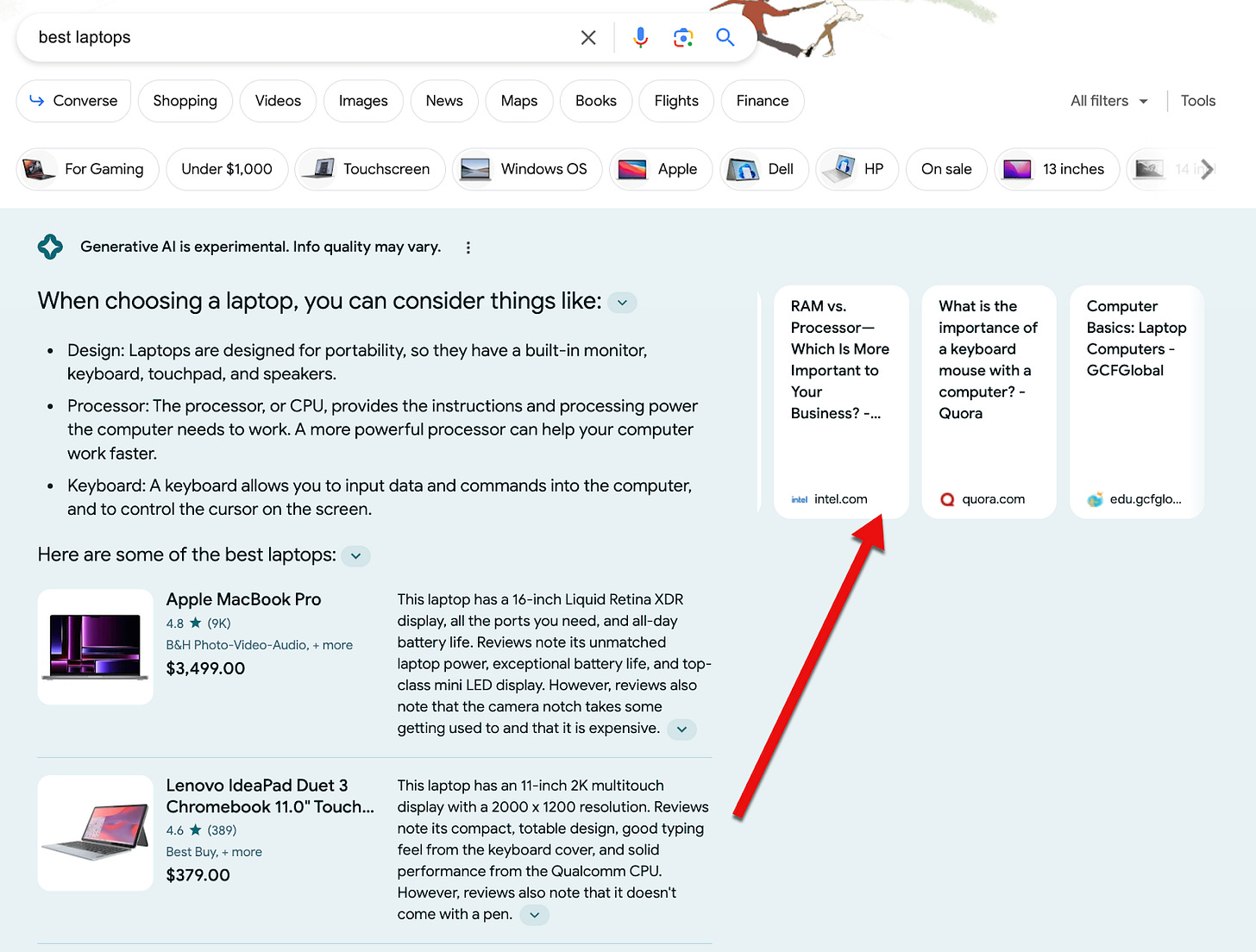Google's Helpful Content Dilemma
So Google's insisting on making your content "helpful". And what is it exactly?
There have been a few “helpful content” updates Google has introduced (the most recent one was in September), and if you have been in the SEO industry for long enough, the fundamentals would be awfully familiar to you:
Thin/overoptimized/unhelpful content is penalizedIf you most of your site is
thin/overoptimized/unhelpful content, the whole site will be penalized (so that you' can never guess what actually went wrong)You have to wait till the next roll-out to see if you were working in the right direction… Sometimes, partial recoveries happen, but it is not common.
Well, back in the days, it wasn’t called “helpful”, but one striking similarity is that Google keeps the same wording. “What’s is thin content?” we were asking about a decade ago. “What is unhelpful content?” we are asking now.
And the answer is the same, “It is content created for SEO purposes”.
Well, it would have been straightforward, only it isn’t. Because, here’s a quick summary of a long conversation between Google and us, on Twitter/X:
Google: "Unhelpful content is one that was written for SEO/ranking purposes"
People: "So why is this great page with personal insights and lots of cool tips being outranked by crappy affiliate-driven listicles that are clearly created for SEO for "XXX" keyword"
Google: "It looks like there's no page on that great site targeting "XXX" keyword"
😳😓
So do we need to use SEO to direct our content creation process or not? Because it sounds awfully like we do! “Without a page targeting a keyword, there’s no rankings but don’t use keywords/SEO to create content”.
There’s one distinct different between Panda and Helpful content: With Panda the key was in downsizing your site. With helpful content, it is not that easy…
But let’s try to figure it out…
“Helpful content” is not a new thing Google just magically came up with to confuse us all. They may have no means of explaining what their machine is doing to determine how good any definitive piece of content is but we know that they have been working on teaching their algorithm what “helpful” was for years.
Back in 2020 they added a notion “Needs met” in their “Quality raters’ guidelines” apparently trying to evaluate how their algorithm was doing at determining “helpfulness”. This means, they had started working on that system even before then.
There’s one more important difference between Panda and Helpful content systems which is not yet in full force: Unlike Panda which was all about penalizing bad practices, the new system will soon be surfacing/rewarding good practices, so ultimately we will know what is considered “right”, something we could never see with Panda because it was all about demoting, not rewarding.
Soon we will be able to learn from those "hidden gems” popping up in search.
So what is it about creating “helpful content”?
We should still use keyword research to learn about our target audience’s needs and buying journeys (kind of conformed by Google)
Instead of stressing over using that keyword across the page, we should focus on the actual needs behind that search query and addressing it using all kinds of page elements (lists, FAQs, graphs, charts, etc.)
We should also learn from Google and AI answers soaking all kinds of clues both may be giving us.
Take a close look at higher ranking pages and try to identify what makes their content helpful enough for Google to surface them:
Is their content more broad or more specific than yours?
How do they structure content?
Are they using keywords more or less throughout the page?
Is there a table of contents / jump-to links helping people navigate the page?
Is there social proof on the page?
Is there an author byline and what does the author byline look like?
Are they using schema and how detailed is it?
Do they link to trusted sources?
Are they using images and/or videos?
Do they include recent data, trends or stats?
Is it new content or freshly updated?
Are there content sections (FAQs, definitions, etc.) that seem useful based on that particular query?
Do they include related entities (names of useful brands, products, people, places) or related concepts that your content is missing
Does the author include their own unique experience or expertise relevant to the main subject?
It doesn’t have to be all of the above (or there can be something else to be found there) but knowing your own content will help you identify what it is missing based on this research.
And make sure to take look at what SGE looks like for your query. It gives quite an insight into what Google may know about the complicated thought process behind and ahead of the initial query.
For example, if you search for “best laptops” the AI-generated references include results like “RAM vs. Processor—Which Is More Important to Your Business?”, “What is the importance of a keyboard mouse with a computer?” and “Computer Basics: Laptop Computers.” All of these results may help a searcher to make a better informed decision but they don’t directly respond to the initial query which asks to recommend best laptops:
Should you include these decision-making process on your page or is it better to create supporting content linking to that page?
There is no single answer to this any more. You will have to experiment, watch your competitors and do your best to create content which you yourself would find helpful.
Finally and more importantly, content helpfulness is likely not about tiny tweaks. You’ve been hit a lot, it may involve your whole site restructuring and content strategy revamp.
Reading digest on the topic:
Here’s a detailed review of the recent Helpful Content from Glenn Gabe: “the combination of unhelpful content and poor UX can be an extremely problematic combination for site owners.”
How Google works: A detailed guide from Google itself on how results are rated. Notice that they mention links as one of the primary methods they are using to understand quality.
Grab this spreadsheet from Aleyda Solís to help you identify the gap between your pages and top ranking ones
How to Recover from Google’s Helpful Content Update: This is a not too indepth but pretty straightforward guide for you.
Finally, DOWNLOAD a quick checklist to audit your content helpfulness here.




